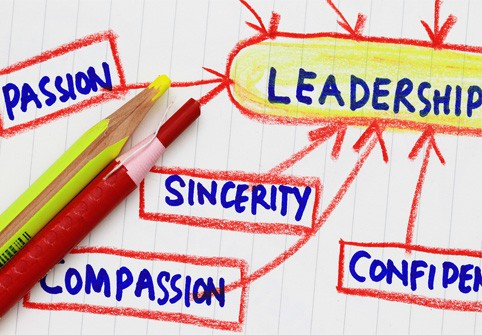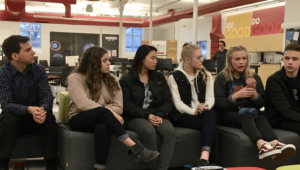Good Work: When Bliss doesn’t pay the Bills

Dave Matthews was on NPR last night pitching his new album. He’s played with the same guys for more than 20 years. “It’s interesting that our love for each other really revolves around the music we make together,” Matthews said. “We’re not in the same age group, we didn’t come up in the same places, but we really do have a unique sort of love affair when we’re playing music together.” “There’s some thing about those moments of bliss,” he explained to Guy Raz. “My dad always said to find your bliss…and then pursue it.” Matthews never thought he’d still be touring at 45 “but the moments of bliss make it hard to walk away—it’s akin to an addiction, when the joy is so big its like being a kid, that laughter, that spontaneity is hunger inducing.” I love watching musicians, whether Dave Matthews or a street musician—it’s clear they can do no other. But the bliss or the choice may not be that clear for you There may be a few minutes of bliss in a teacher’s day but I think most educators respond to a sense of calling—the pull of interests combined with work that can be deeply rewarding. In The Summer Day Mary Oliver asked, “what is it you plan to do/with your one wild and precious life?” As outlined last year, the people that seem to find clarity on this big question seem to fall into three prototypes
- Inhabited by a gift: the pull of an art or an idea that simply must be express. In The Power of Myth, Joseph Campbell said, “My general formula for my students is “Follow your bliss.” Find where it is, and don’t be afraid to follow it.”
- Captured by a calling: A broader cross section of the population finds, at some point in their life, the pull of a profession when interests, aptitudes, and a reward profile line up with a job cluster. This category includes a religious response and/or social justice response to inequity and is most common in education and health professions. If you interviewed your favorite teacher, you would inevitably uncover a predilection to serve and an attraction early in life to the rewards and challenges of teaching.
- Inspired by a vision: There are a few that have become clear about their gifts, feel compelled by a calling, and become inspired by a vision of things could work better at scale. Three examples come to mind: Geoff Canada, Harlem Children’s Zone; John Danner, Rocketship Education; and Jay Kimmelman, Bridge International Academies
It may be hard to find that one thing that brings flow experience, deep satisfaction, and the stuff you’d want to do if you didn’t need to work. You won’t find your bliss if you’re not looking for it. You won’t find your calling if you’re not calling the question on a regular basis. Reflecting on a few basic questions can help:
- What are you particularly good at?
- What do you like to do? How do you most like to spend your time?
- What do you find most rewarding?
- What causes are you passionate about?
What may be worse than not knowing what to do is having a sense of how you are supposed to be spending your “wild and precious life” but feeling trapped by current obligations. What if bliss doesn’t pay the bills? “If you do follow your bliss you put yourself on a kind of track that has been there all the while, waiting for you,” Joseph Campbell says. “You begin to meet people who are in your field of bliss, and they open doors to you. I say, follow your bliss and don’t be afraid, and doors will open where you didn’t know they were going to be.” As we get older we often accumulate responsibilities that put bliss and the budget at odds. It’s important to balance obligations and aspirations. After gaining some clarity a calling to work in education, it took a few years to find the right entry point—700 days of looking and listening to be precise. While you’re trying to figure out financially how to follow your calling, keep your passion fresh by volunteering or serving on a board in your area of interest. Keep pressing, keep listening, and, as Campbell suggests, try to meet people who are in your field of interest. I’ve been fortunate to combine the things I enjoy doing to advance a cause I care about. It took about 30 years to get that right. Be patient. Pay the bills. But tend your “wild and precious life” This blog appeared first on Huffington Post





0 Comments
Leave a Comment
Your email address will not be published. All fields are required.